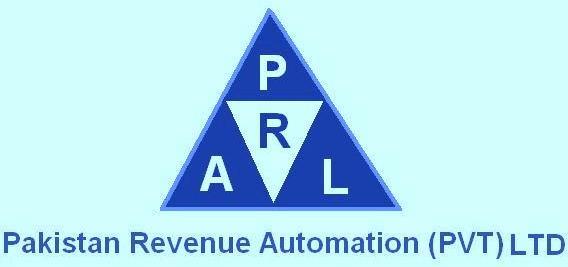Prime Minister Shehbaz Sharif has ordered the dissolution of Pakistan Revenue Automation Limited (PRAL) within six months, a significant move that raises concerns about the potential disruption of tax services.
According to a report published by The Express Tribune, citing government officials, this decision aims to replace the outdated system with a new, modern organisation designed to facilitate tax collection and digital transformation at the Federal Board of Revenue (FBR).
PRAL, established over three decades ago as a fully owned subsidiary of FBR, serves as the central platform for tax returns, payments, and record-keeping. However, its technology has become obsolete, and previous attempts to upgrade it, including a $400 million World Bank loan for system improvements, have failed due to divided responsibilities within FBR.
The prime minister has directed that the new organisation be staffed with top professionals, offering both financial and operational autonomy. This organisation will spearhead FBR’s digital shift and aim to improve the user experience for both the tax authority and taxpayers.
However, establishing this body within such a short timeframe poses significant challenges, as authorities have struggled to hire key personnel, including a chief information security officer.
According to the news report, PM Sharif’s decision to abolish PRAL follows the failure of reforms led by the organisation’s newly appointed board. Despite promises to modernise, PRAL continued to face delays, especially in launching new data centers essential for the FBR’s operations.
The government had initially planned for the new centers to be operational by August 14, but sources say the facilities are not ready, casting doubt on whether the prime minister will be able to inaugurate them on Independence Day.
The government’s efforts to streamline tax enforcement have also encountered setbacks. After pledging stricter measures against under-taxed individuals, including banning major purchases, the FBR reversed course on several key decisions, including the treatment of cash deposits and purchases of assets by ineligible persons. This change in stance has been described as a significant setback to the government’s tax collection objectives, especially in light of commitments made to the International Monetary Fund.




